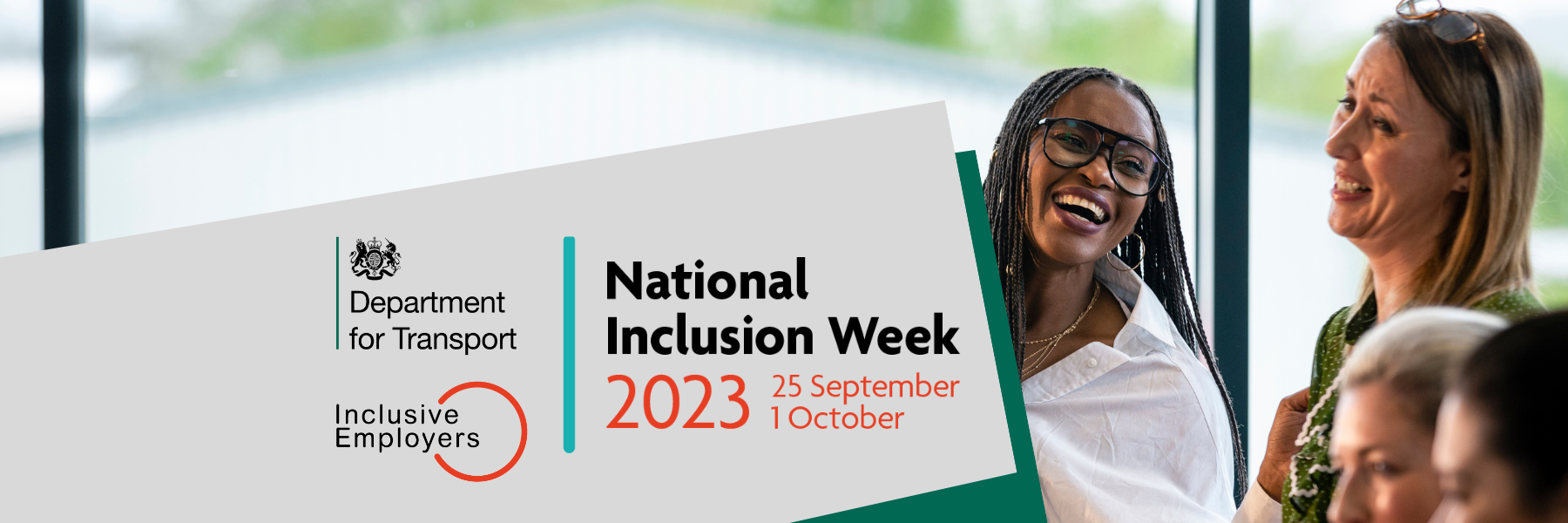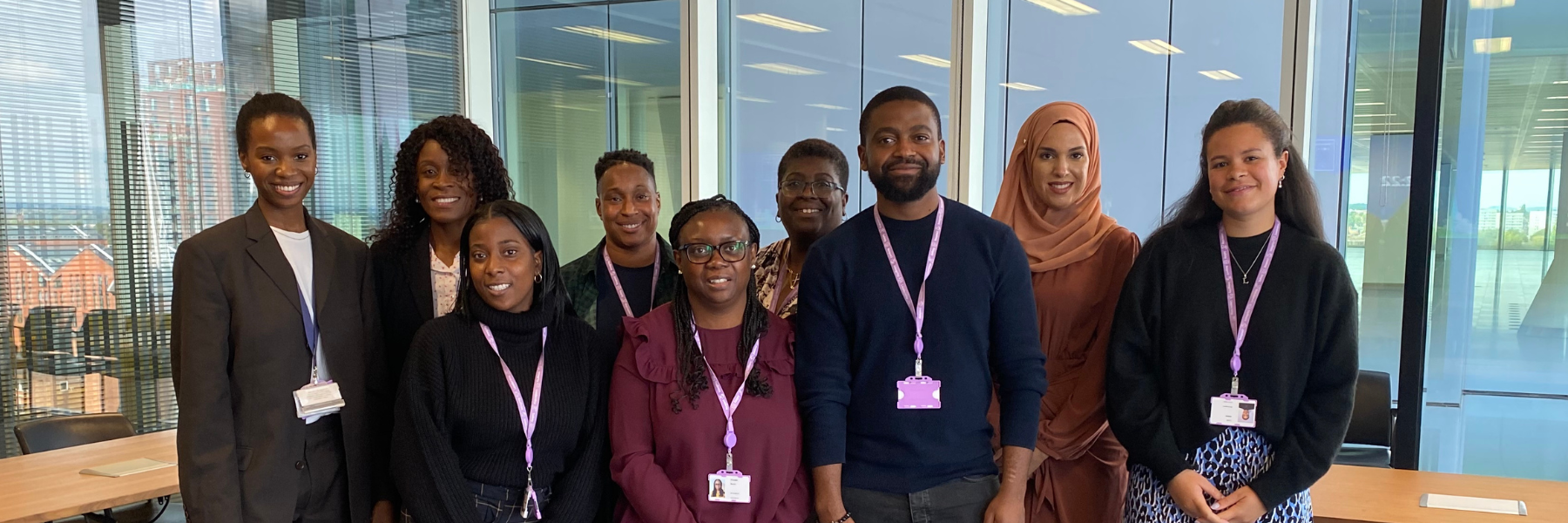Big opportunities have arrived to the Department for Transport’s Statistics team which recently released fantastic new Statistician roles. It’s a great chance to join a passionate team of analysts who are the driving force when it comes to informing stronger decisions and creating better transport systems for everyone.
Transport affects the lives of everyone in the country, so it is essential that government decisions about transport are based on high-quality analysis. The Department for Transport (DfT) has a strong reputation for use of analysis to inform policy – last year we were recognised as winners of the Civil Service Award for use of evidence and analysis.
Making an impact with statistics
Transport Statistics is a vibrant and supportive community of over 100 members, including statisticians, data managers, geographers and analysts working alongside policy leads, and in collaboration with others such as economists, modellers, and digital colleagues.
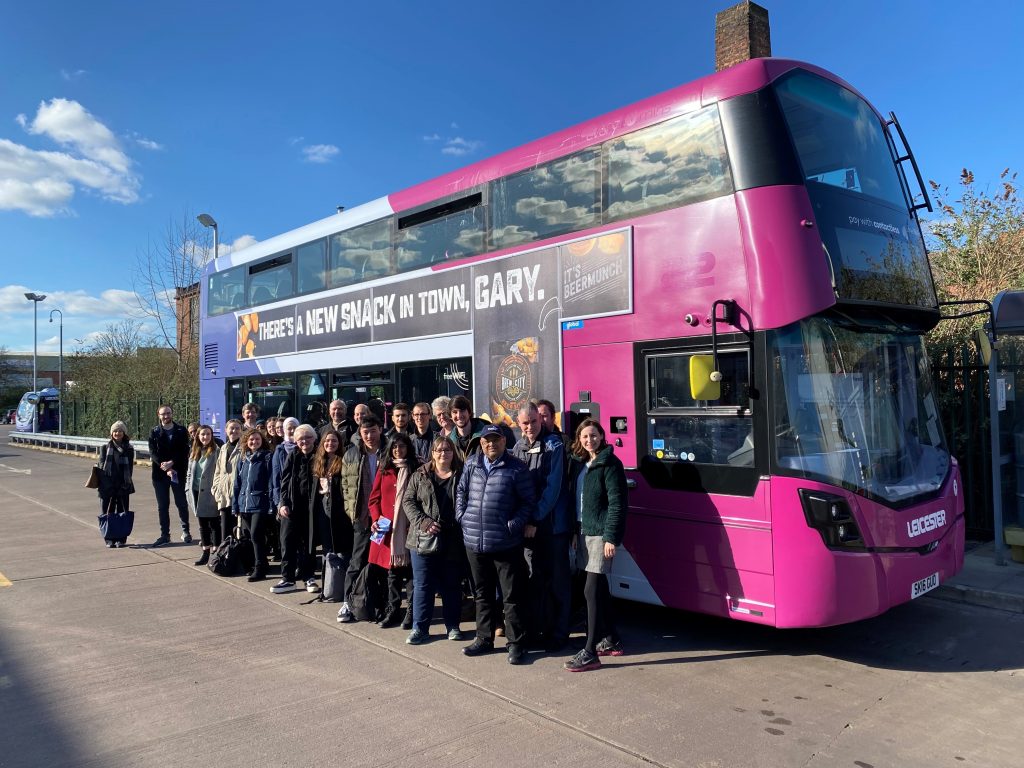
Our statistics, analysis and data, and the way we disseminate and visualise them, are central to business decisions and policy development. Our work impacts government policy to improve transport and reduce environmental impacts, for all modes of transport from electric vehicles and e-scooters to buses, rail, and aviation. We have been recognised for our leading work, with various case studies highlighted in the Code of Practice for Statistics, the Government’s primary guidance for statisticians.
Our team produces high quality, trusted and valued statistics, whether in official publications or in providing more timely indicators to respond to a crisis such as COVID-19. We embrace coding, data pipelines and data visualisations to maximise efficiency, quality, and impact, constantly innovating how we collect, process, publish and analyse data to maximise the value for the users of our statistics.
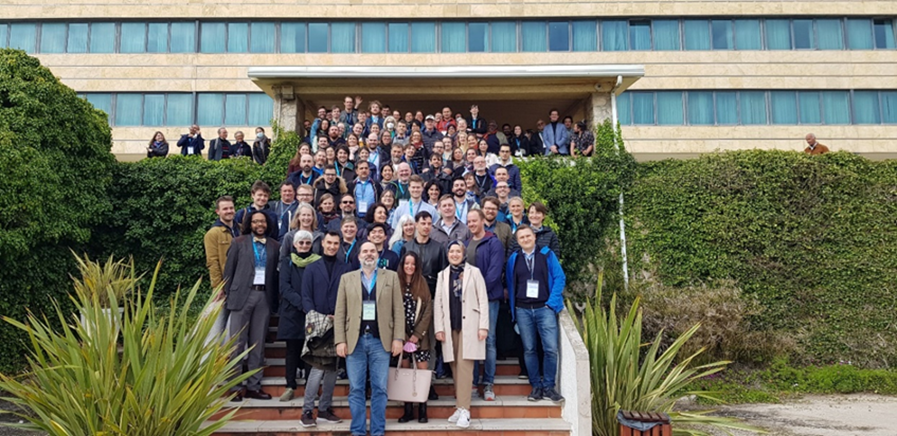
Could you be DfT’s next statistician?
We are looking for Senior Statistical Officers and Higher Statistical Officers to join our community of statisticians. If you want to make an impact on people’s lives and you have either a degree in a numerate subject or two years’ experience working on statistics or data, then come join us!
At DfT, you will have access to coding training and packages, as well as attending high-quality external courses. You will soon get to know fellow professionals from across the Department, with opportunities to learn from each other through our ‘coffee and coding’ sessions, and statisticians’ working groups.
Does this sound like it’s for you? Now’s your chance to join DfT!
We are currently recruiting for statistics professionals across a number of grades and we are keen to talk to people who share our passion for using data to make every journey better.
Hear from the people working in DfT’s Statistician Profession
DfT is a great place to develop your career – with loads of exciting areas to work on and make an impact, skills to learn, and scope for developing expertise across different topic areas. Whether you stay for a couple of years, or you develop a long-term passion for transport, you will not regret the move to DfT.
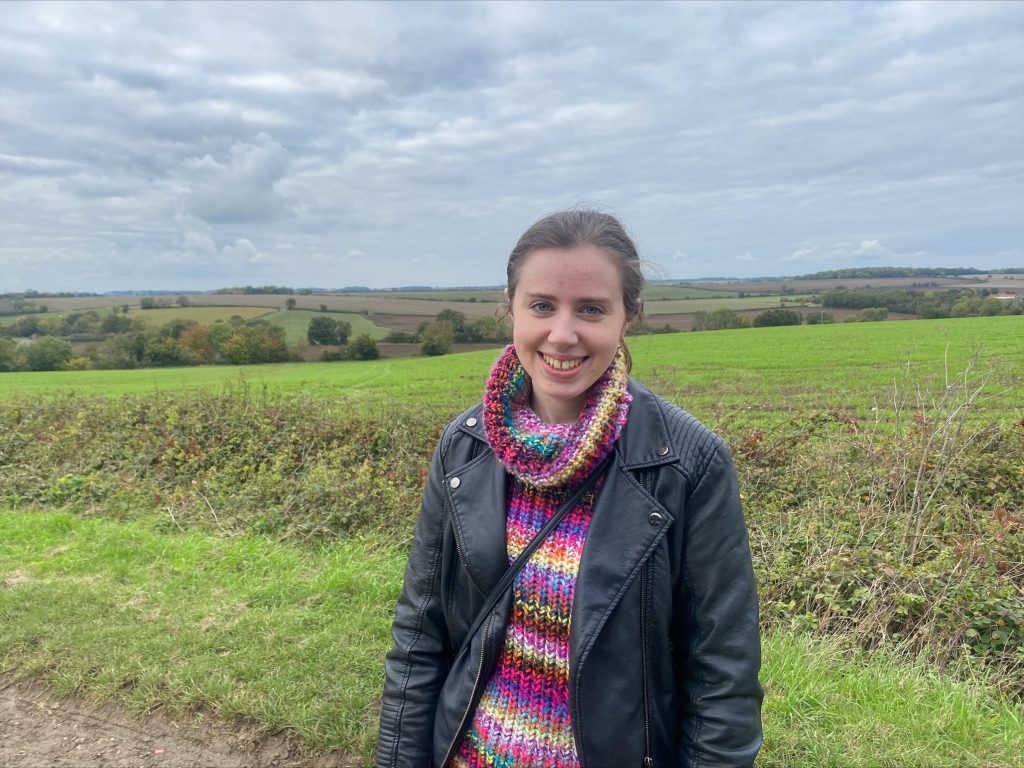
Jeni, Road Safety Statistics
“I’ve become more confident in my ability and enjoy teaching newer members of the team some of the coding tips and tricks I’ve picked up on the way.”
Jeni’s Experience in Road Safety Statistics
I started as a Higher Statistical Officer in the Road Safety Statistics team in December 2021, after graduating in Economics in June 2020 and joining DfT as a Statistical Officer in the Vehicles Statistics team. My work is quite wide-ranging, but overall, I’m responsible for contributing to statistical publications and helping expand the evidence base on road safety.
This morning I’ve been using R, a software for data analysis, to design and automate charts showing trends in older drink driver casualties from road collisions for a factsheet on older drivers. I really like how this role has given me an opportunity to develop my coding skills through using R, as well as manipulating a relational dataset in SQL through joins and other practical data skills.
I really love the variety of my work – I have also been working on data linking projects which have involved speaking to people from different specialist backgrounds. I’ve had the opportunity to develop my network widely across different specialisms and departments, including working with statisticians from the Home Office. Later this year, I will be leading the main Reported Road Casualties 2021 publication, which will involve planning and leading 7 other team members to produce innovative and effective analysis of our statistics.
I mix working from home with working in the office – I like the culture of the office (shoutout to the beanbags on the fifth floor…) and being able to socialise with my team.
Ashley’s Experience in Local Transport Statistics
Ashley, a Buses and Local Transport Statistics Officer, shares his experience of working in a Higher Statistical Officer role.

Ashley, Buses and Local Transport Statistics
“The best thing about the average working day is being part of a supportive team who are open to ideas and different points of view.”
Ashley, tell us a bit about what an average working day looks like for you.
A typical day involves working on different elements of the publication such as the data collection from local authorities, data validation, or the production of the final statistics.
The role is very wide ranging, providing opportunities to be involved with different types of project that offer varied experiences and challenges. For example, alongside the main publication work, I am always able to work on other developmental projects.
What is your background and how has this helped you in your current role in Transport Statistics?
I started as a Statistical Officer at the Ministry of Justice in January 2013, part of a large team delivering various statistical publications on the Criminal Justice System. One of my goals was to find new opportunities for growth and as you can imagine, I was ecstatic when I found this role in DfT. It meant that I could use all my previously learned skills and apply them in a fast moving and impactful space.
Since joining DfT, I have been the lead for road condition statistics and have been offered a lot of opportunities for software training and skills development that can be tailored to my own needs.
Recently, I’ve been promoted and am now working on buses and local transport statistics as a Senior Statistical Officer.
What kind of projects have you done recently?
One of the exciting projects I led involved acquiring a new dataset from local authorities to deliver new experimental statistics. I used R (data analysis software) to explore and manipulate the data and produce different statistical outputs. Collaborating with other teams from our department, I was able to use the new data to present road level data in an interactive map.
These new statistics and interactive map provided a greater evidence base on the quality of the road network and helped deliver more insightful analysis to supplement the official statistics. It also helped to answer various questions raised by different stakeholders and lobbyists within the sector including the RAC, UK Roads Liaison Group and local authorities. The data was also used by policy colleagues for the spending review to help inform investment decisions at a national and local level. It’s always great to see that my work contributes to such wide varieties of teams!
Find out more about Statistics at DfT


